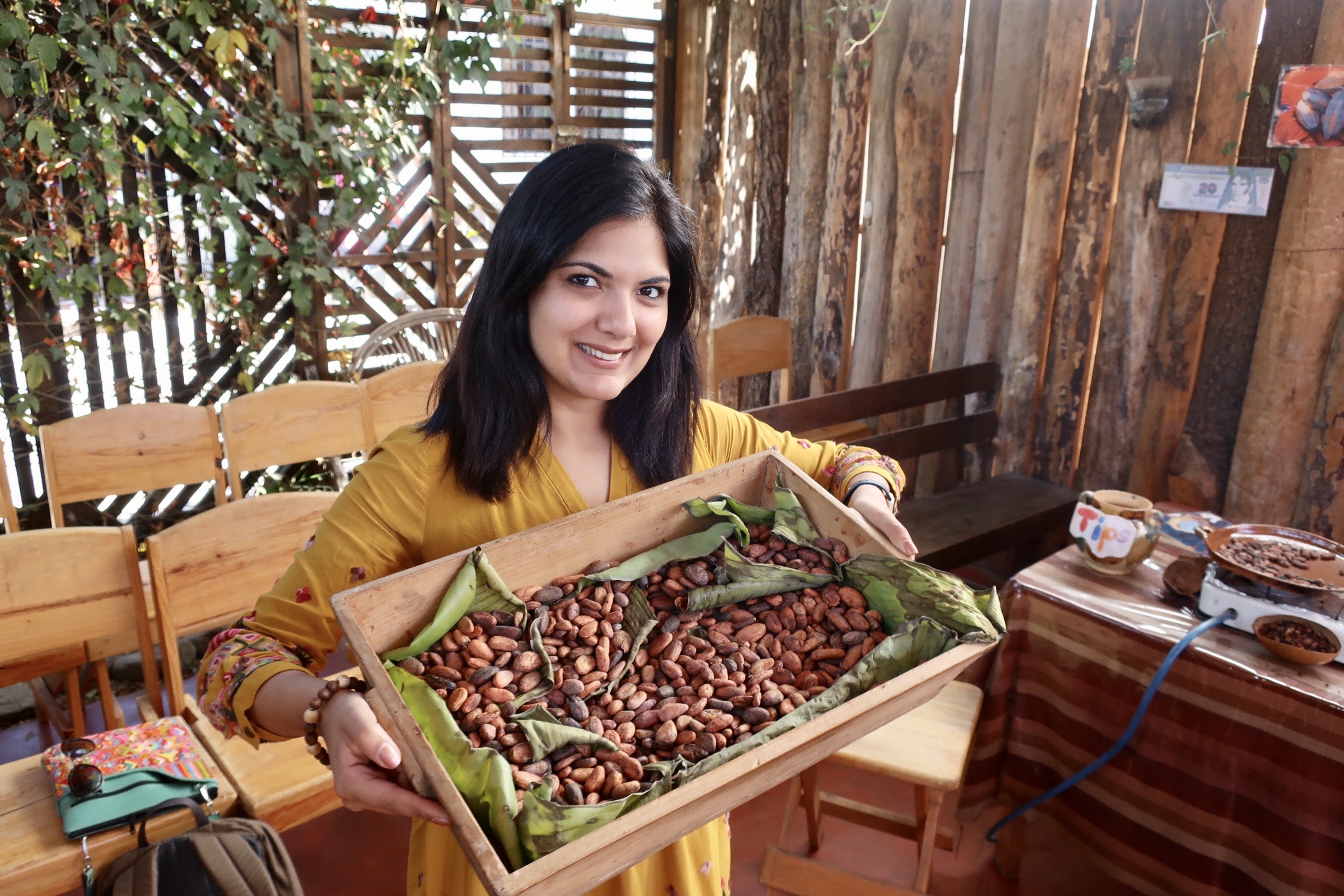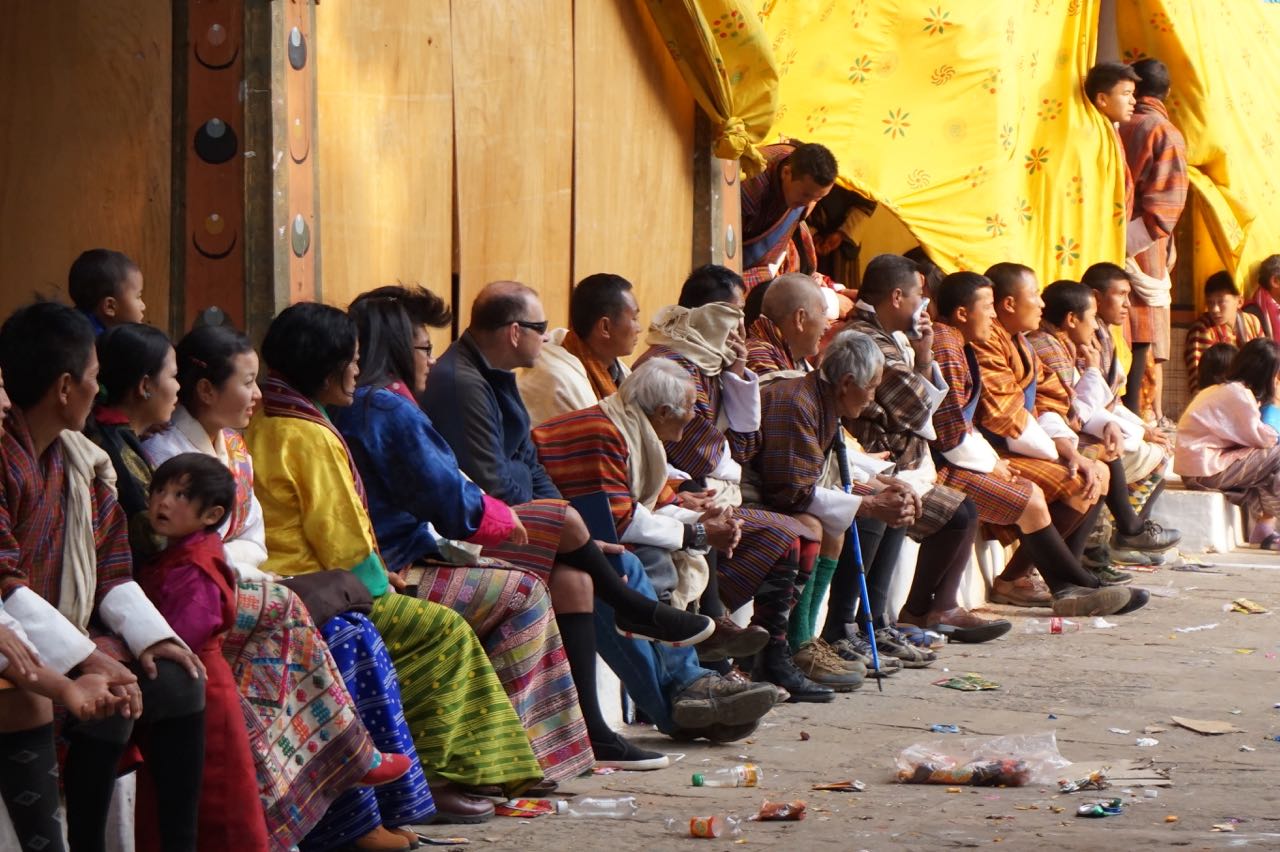
This idea of social responsibility is an important one, but its best practices can be sometimes hard to navigate. To help, I have applied the idea to my favorite beverage – coffee. Below are 5 easy ways to start socially responsible coffee habits today. Steps towards Socially Responsible Coffee Learn: What is Socially Responsible Coffee? […]
view the post

Up until recently, when I visited the tiny country of Bhutan, it remained a mystery to me. I pictured this magical place where the entire nation practices Buddhism, animals roam free through the protected forests, and everyone is happy and content all the time. Some of the movies I watched also suggested that one becomes very […]
view the post